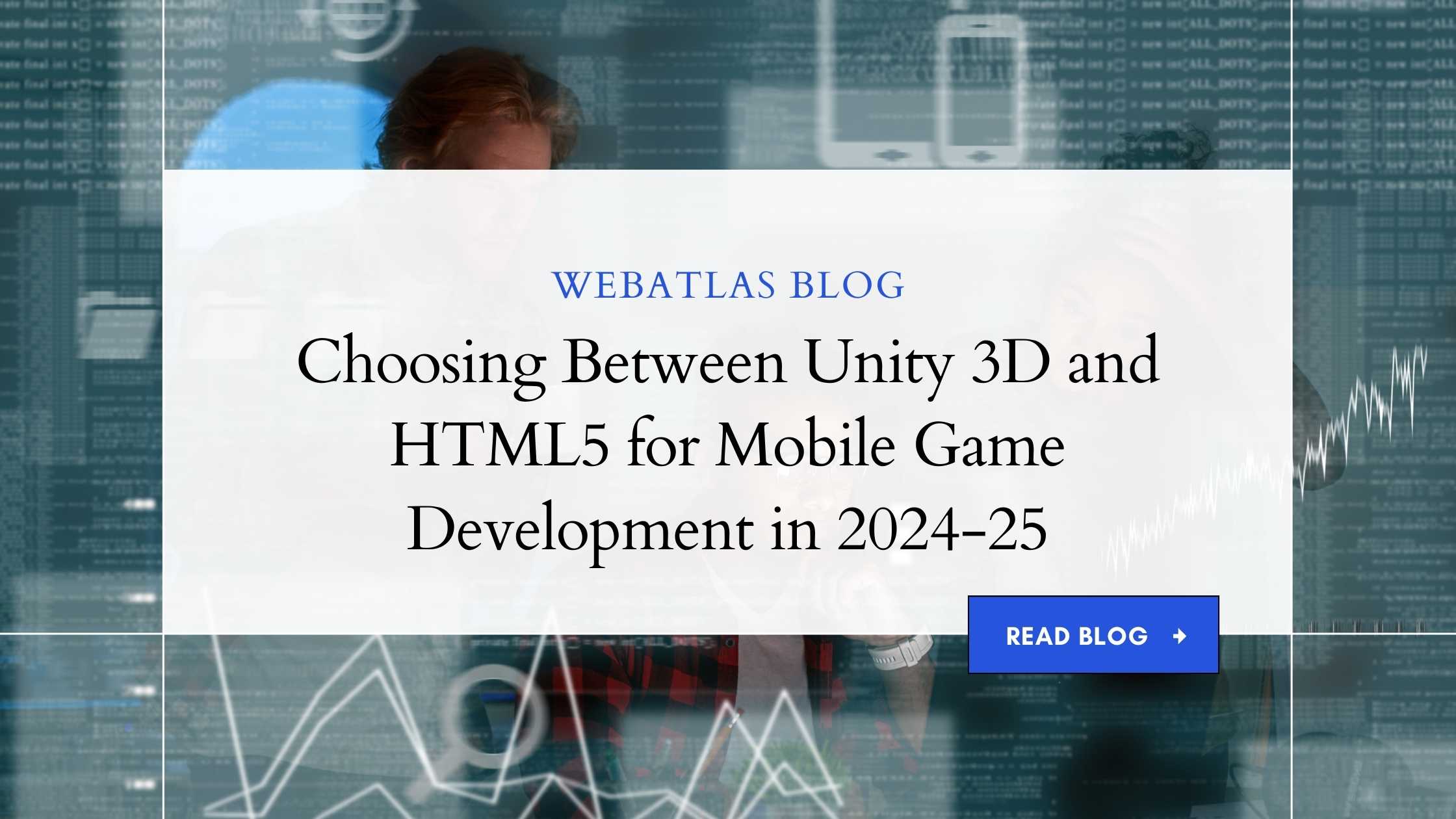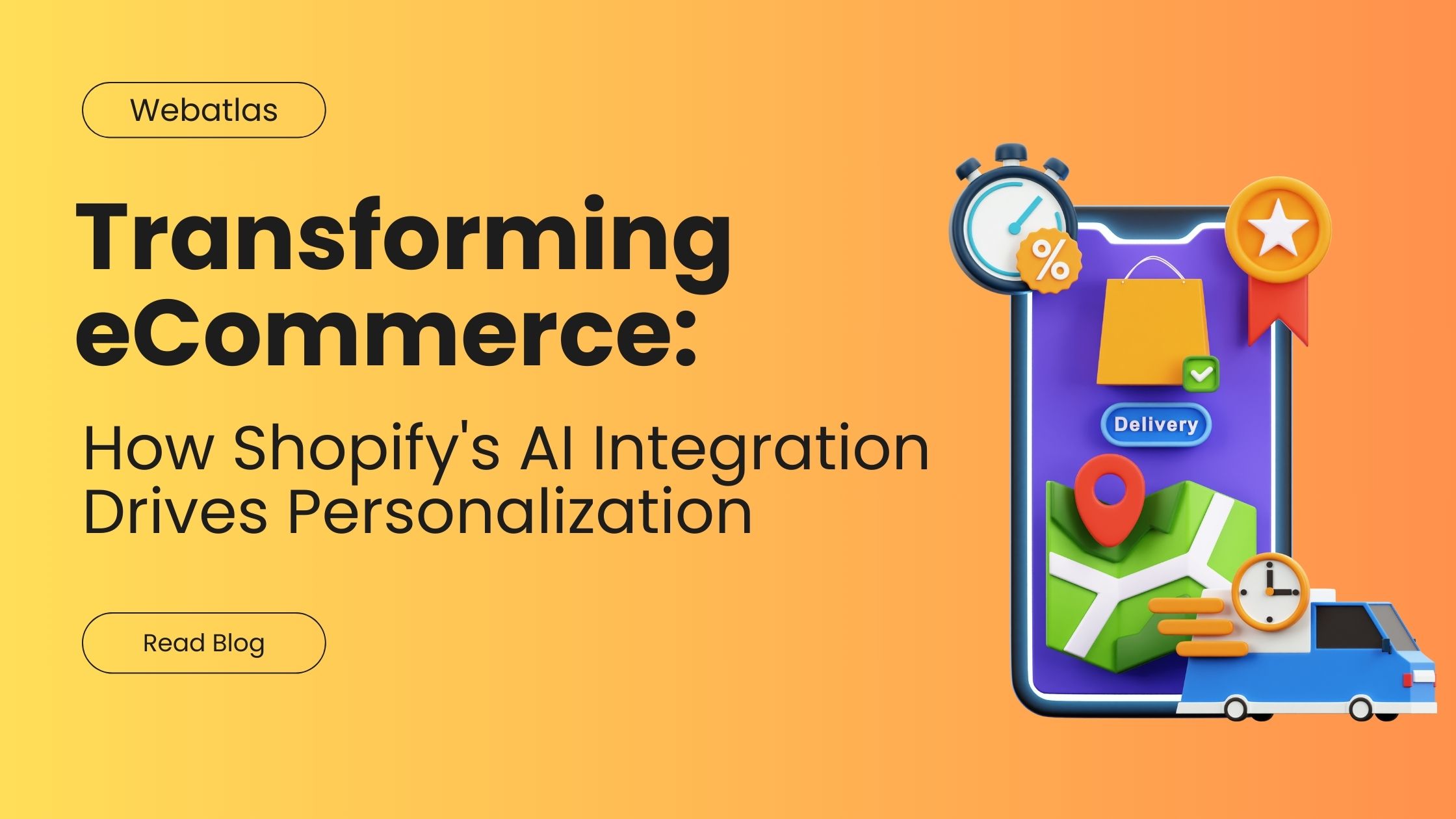Unity 3D vs. HTML5: Which is the Best Choice for Mobile Game Development in 2024-25?

In the rapidly evolving world of mobile game development, choosing the right platform is crucial. In this blog, we compare Unity 3D and HTML5 to determine which is the best choice for mobile game development in 2024-25.
Introduction
The mobile gaming industry has experienced explosive growth over the past decade, with millions of users around the world enjoying games on their smartphones and tablets. As developers seek to create engaging and innovative experiences, the choice of technology plays a pivotal role in determining a game’s success. Two of the most popular platforms for mobile game development are Unity 3D and HTML5. Both have their strengths and limitations, and choosing the right one for your project can be a daunting task. This article delves into the key features, advantages, and potential drawbacks of Unity 3D and HTML5, helping you make an informed decision for your mobile game development in 2024-25.
Also Read- How to Develop a Trading App Like Groww: Features, Cost, and Step-by-Step Guide
What is Unity 3D?
Unity 3D is a powerful cross-platform game engine that allows developers to create 2D, 3D, augmented reality (AR), and virtual reality (VR) games. Since its launch in 2005, Unity has become one of the most widely used game development platforms, supporting over 25 platforms, including iOS and Android. The engine is known for its flexibility, vast asset store, and strong community support, making it a preferred choice for developers aiming to create immersive, high-quality games.
Key Features of Unity 3D
- Cross-Platform Development: Unity allows developers to build games for multiple platforms from a single codebase. This means you can develop your game once and deploy it across various platforms, including mobile, desktop, consoles, and even AR/VR devices.
- Advanced Graphics: Unity 3D offers a robust set of tools for creating stunning visuals, including real-time rendering, complex shaders, and lighting effects. These features are particularly beneficial for developers aiming to create visually rich and immersive gaming experiences.
- Extensive Asset Store: Unity’s Asset Store is a vast marketplace where developers can buy or sell assets, such as 3D models, animations, sounds, and scripts. This can significantly speed up the development process and reduce costs.
- Strong Community and Support: Unity boasts a large and active community, with numerous forums, tutorials, and documentation available to help developers of all levels. This support network can be invaluable, especially for indie developers or small teams.
Must Read- How to Develop Remote Patient Monitoring Software: A Comprehensive Guide
What is HTML5?
HTML5 is the latest version of the HyperText Markup Language, the standard language for creating web content. HTML5 has introduced a variety of new features, including multimedia support, graphics rendering, and offline capabilities, making it a viable option for game development. Unlike Unity 3D, which is a dedicated game engine, HTML5 is a web-based technology that leverages JavaScript and other web technologies to create games that can run on any device with a modern web browser.
Key Features of HTML5
- Cross-Platform Compatibility: HTML5 games can be played on any device with a web browser, including smartphones, tablets, and desktops. This makes HTML5 an attractive option for developers looking to reach a broad audience without the need for platform-specific development.
- Lightweight and Fast: HTML5 games are generally lightweight and load quickly, providing a seamless experience for users. This is particularly important for mobile users who may have limited bandwidth or data plans.
- Ease of Deployment: Since HTML5 games run in web browsers, there’s no need to go through app store submissions and approvals. This can significantly speed up the time-to-market for your game.
- Open Standards: HTML5 is an open standard, meaning it’s free to use and not tied to any specific platform or vendor. This gives developers more freedom and flexibility compared to proprietary platforms.
Unity 3D vs. HTML5: A Detailed Comparison
Performance and Graphics
When it comes to performance and graphics, Unity 3D is the clear winner. Unity’s advanced graphics capabilities, including real-time lighting, complex shaders, and high-definition rendering, allow developers to create visually stunning games that can rival console and PC titles. Unity also offers robust performance optimization tools, ensuring that games run smoothly on a wide range of devices.
On the other hand, HTML5 is more limited in terms of graphics and performance. While HTML5 has improved significantly over the years, it still falls short compared to Unity in delivering high-end 3D graphics and intensive gameplay experiences. HTML5 is best suited for simpler, casual games that don’t require complex graphics or real-time physics.
Development Speed and Ease of Use
HTML5 has the upper hand when it comes to development speed and ease of use, especially for smaller, less complex games. Since HTML5 games can be developed using standard web technologies like HTML, CSS, and JavaScript, many developers already have the skills required to start building games quickly. Additionally, the deployment process is much simpler, as there’s no need to compile code or go through lengthy app store approvals.
Unity, while more powerful, has a steeper learning curve and requires a more extensive skill set. However, once developers are familiar with the engine, Unity’s comprehensive tools and asset store can significantly speed up development time, especially for more complex projects.
Cross-Platform Compatibility
Both Unity 3D and HTML5 offer excellent cross-platform compatibility, but in different ways. Unity allows developers to build games for multiple platforms from a single codebase, making it a versatile choice for projects that need to be deployed on both mobile and desktop platforms, as well as consoles and AR/VR devices.
HTML5, on the other hand, is inherently cross-platform due to its web-based nature. Games developed in HTML5 can be played on any device with a web browser, without the need for platform-specific development or adjustments. This makes HTML5 an ideal choice for developers looking to create games that can reach a wide audience with minimal effort.
Monetization and Distribution
Unity 3D provides multiple monetization options, including in-app purchases, ads, and premium game sales across various app stores. This is particularly beneficial for developers aiming to generate revenue from their games. Unity also supports a wide range of platforms, increasing the potential audience and revenue streams.
HTML5 games, while easy to distribute, often face challenges in monetization. Since HTML5 games are typically played in web browsers, developers may rely on ads, subscriptions, or donations, which can be less lucrative compared to the in-app purchases and premium models available through app stores. However, HTML5 games can still be embedded into websites, shared across social media, and accessed through game portals, providing ample opportunities for distribution.
Expertise of Webatlas in Unity 3D and HTML5 Development
At Webatlas, we specialize in delivering top-notch game development services using both Unity 3D and HTML5. Our team of experienced developers is proficient in creating high-quality, engaging games that cater to a wide range of audiences and platforms. Whether you’re looking to develop a visually stunning, immersive 3D game with Unity, or a lightweight, accessible HTML5 game, Webatlas has the expertise and tools to bring your vision to life.
Unity 3D Development Services
Our Unity 3D development services are tailored to meet the needs of clients who demand high-performance, graphically rich games. We leverage Unity’s advanced features to create games that are not only visually appealing but also optimized for smooth performance across various devices. Our team is skilled in utilizing Unity’s asset store, real-time rendering, and cross-platform capabilities to deliver games that stand out in the competitive mobile gaming market.
HTML5 Development Services
For clients seeking to reach a broad audience with lightweight, web-based games, our HTML5 development services offer the perfect solution. We have extensive experience in creating HTML5 games that are fast, responsive, and compatible with all modern web browsers. Our developers use the latest web technologies to ensure that your game is accessible on any device, providing an enjoyable experience for users across the globe.
Mobile App Development
In addition to game development, Webatlas offers comprehensive mobile app development services. We understand the unique challenges of the mobile market and provide end-to-end solutions that cover everything from concept to deployment. Whether you need a standalone mobile game or an integrated app with gaming features, our team is equipped to deliver high-quality, user-friendly apps that perform well on all mobile platforms.
Conclusion
Choosing between Unity 3D and HTML5 for mobile game development depends largely on the specific needs of your project. If you require high-end graphics, advanced gameplay features, and the ability to target multiple platforms, Unity 3D is likely the better choice. On the other hand, if you’re looking for a simpler, more accessible development process and the ability to reach a broad audience with minimal effort, HTML5 is a strong contender.
Ultimately, the best platform for your mobile game development will depend on your project’s goals, budget, and target audience. At Webatlas, we have the expertise to guide you through this decision-making process and deliver a game that meets your exact requirements, whether you choose Unity 3D, HTML5, or a combination of both.
Recent Post
Let's talk about your project, or just come and say hello!
Webatlas Technologies is the fastest growing web and mobile app development company



